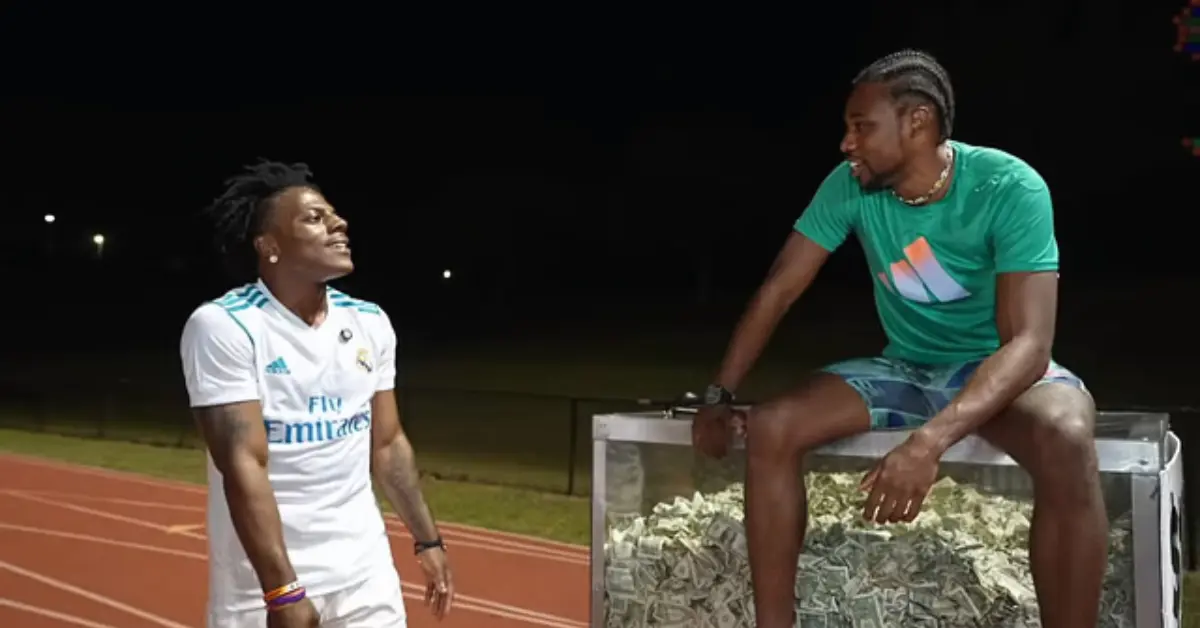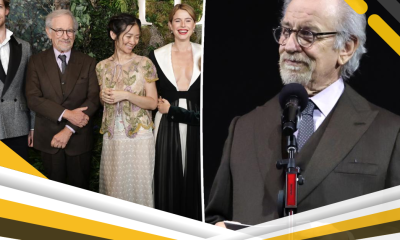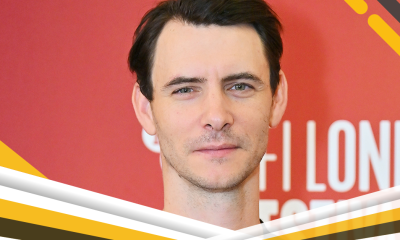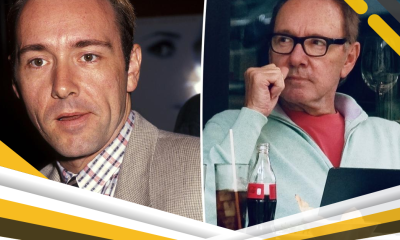Noah Lyles vs IShowSpeed: Speed, Fame, and Viral Culture Compared

The convergence of sports excellence and internet celebrity has never been more pronounced than in the unexpected intersection between Noah Lyles, the reigning world sprint champion, and IShowSpeed, the controversial and wildly popular internet personality. What began as an online exchange has evolved into a larger discussion about the blending of athletic prestige with social media virality. This article provides a research-based analysis of their public interaction, underlying brand dynamics, and the cultural significance of this digital-age rivalry.
Who Is Noah Lyles?
Noah Lyles is an American professional track and field sprinter specializing in the 100m and 200m events. Born in 1997, Lyles emerged as a prodigious talent in high school and transitioned quickly into international competition. He won gold in the 200m at both the 2019 and 2023 World Championships, setting some of the fastest times recorded in recent history. Lyles is known not only for his explosive speed but also for his charisma, confidence, and social media engagement. His timing, performance consistency, and record-chasing ambitions place him in direct succession to legends like Usain Bolt.
Who Is IShowSpeed?
Darren “IShowSpeed” Watkins Jr. is a content creator and live streamer who rose to fame through YouTube and Twitch by mixing high-energy gaming content, eccentric humor, and viral challenges. Speed has amassed millions of followers worldwide, primarily among Gen Z viewers. Known for his erratic on-camera behavior and frequent controversies, his digital persona thrives on unpredictable content and meme-worthy moments. Despite criticism, Speed has become one of the most recognizable internet figures in 2023–2025, often collaborating with footballers, musicians, and athletes.
The Origin of the Rivalry
The tension between Noah Lyles and IShowSpeed originated from a public challenge and lighthearted banter, sparked on social media. Speed, known for his impulsiveness, began referencing Lyles in humorous contexts—mocking track athletes’ speeds in comparison to his own exaggerated athletic claims. The banter escalated into a challenge where Speed expressed interest in racing Lyles.
Lyles responded playfully but firmly, emphasizing the difference between professional sprinters and influencers with no competitive experience. This interaction went viral, with millions of fans from both camps weighing in—some supporting Lyles as the elite athlete, others cheering for Speed’s boldness and entertainment value.
Performance Comparison: Fact vs Fiction
To evaluate the reality of their “rivalry,” one must break down performance metrics:
| Athlete | 100m Personal Best | Top Speed | Training Background |
| Noah Lyles | 9.83 seconds (2023) | 44.2 km/h approx. | Olympic-level, elite sprint regimen |
| IShowSpeed | Est. 13–14 seconds | 25–28 km/h (unofficial) | Recreational, no professional training |
The data shows a clear performance chasm. Lyles’s sprint times rank among the top 15 in history, while Speed, despite his athletic build and energy, has never undergone formal sprint training. Any real race between them would not be close, yet the idea remains compelling because it taps into a social-media-fueled fantasy where internet fame can challenge real-world achievement.
Branding and Public Perception
From a branding standpoint, both figures serve different ecosystems:
- Noah Lyles represents legacy, discipline, and elite sportsmanship. His audience includes sports enthusiasts, Olympic fans, and traditional media.
- IShowSpeed symbolizes virality, meme culture, and Gen Z relatability. His audience spans casual gamers, stream watchers, and meme consumers.
The public discourse around “Noah Lyles vs IShowSpeed” is less about a genuine competition and more a reflection of how younger audiences redefine relevance and status. For many Speed fans, virality trumps athletic credibility. For traditional sports fans, the idea that Speed could even be compared to Lyles is laughable.
This branding dichotomy also creates mutually beneficial attention. Lyles gains reach into younger, digitally native audiences, while Speed gains credibility by being associated with a legitimate athlete.
Cultural Implications
This interaction illustrates a growing trend in which professional athletes must now share cultural space with digital creators. Lyles, like other Olympic athletes, often struggles to maintain year-round relevance outside of competitions. Meanwhile, IShowSpeed operates in a content cycle measured in hours, not seasons. Their contrasting modes of visibility—performance-driven versus algorithm-driven—reveal a shifting media landscape.
Furthermore, their online banter reinforces how the line between competition and content has blurred. What once might have been a one-off jab is now a monetizable storyline, potentially leading to sponsored events, collaborative videos, or even promotional races for charity.
Could a Race Happen?
The idea of a Noah Lyles vs IShowSpeed race is unlikely from a professional standpoint but very likely as a content stunt or brand activation. If organized as a charity event or social experiment, it could generate massive viewership across platforms like YouTube, TikTok, and Instagram.
Such an event would serve multiple purposes:
- Promote track and field to a younger audience
- Allow IShowSpeed to engage his fanbase in a “real-world” scenario
- Help both figures monetize the attention through ads, sponsorships, and merchandise
However, care would need to be taken to preserve Lyles’s reputation as a professional athlete. Participating in what might be perceived as a gimmick could dilute his competitive image unless framed correctly.
Final Assessment
Noah Lyles vs IShowSpeed is not a rivalry in the athletic sense—it’s a cultural crossover moment. Lyles represents the apex of human physical ability and structured performance; Speed embodies the chaotic, unpredictable nature of the internet age. Their public interaction is emblematic of the modern era where viral content can challenge athletic legitimacy, at least in the court of public opinion.
Whether or not a real race occurs, their exchange highlights the merging worlds of elite sport and entertainment content. For Noah Lyles, engaging with Speed keeps him visible between competitions. For Speed, proximity to a world champion enhances his online clout. Both stand to gain—not from beating each other, but from playing their roles in a spectacle the internet can’t resist.












